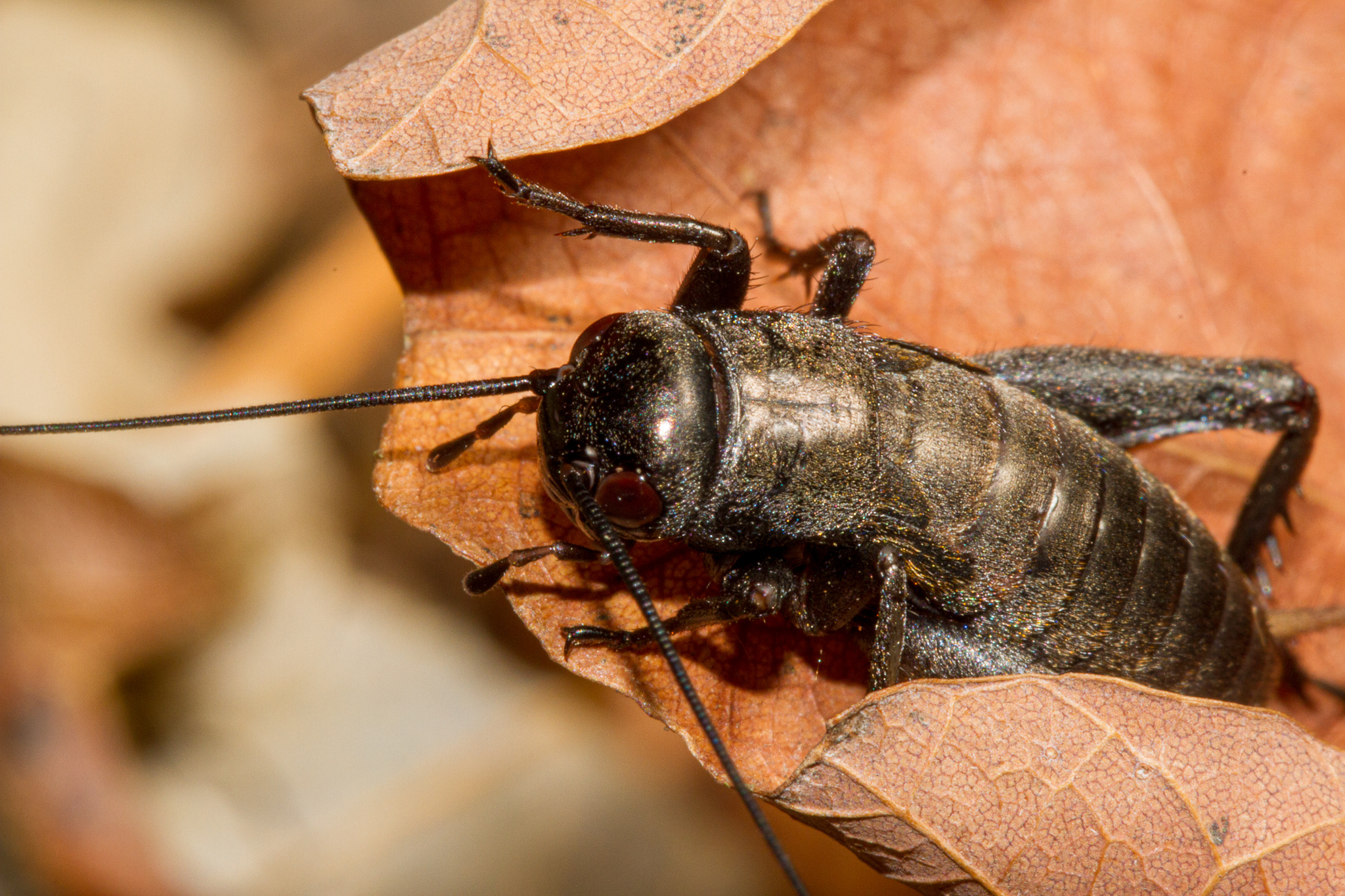Past Event! Note: this event has already taken place.
Biology Seminar Series: Dr. Brent Sinclair
March 24, 2023 at 2:30 PM to 3:30 PM
| Location: | 4440Q Carleton Technology and Training Centre |
| Cost: | Free |
Exploring the mechanisms underlying insect freeze tolerance in Gryllus veletis
Dr. Brent Sinclair
University of Western Ontario
Host: MacMillan Lab
Friday, March 24 at 2:30 p.m., CTTC 4440Q
Coffee will be available at 2 p.m. Everyone is welcome!
Abstract:
We have known that some insects can survive internal ice formation (i.e. are freeze tolerant) for 250 years, yet a reliance on correlative studies means that the mechanisms remain elusive. Gryllus veletis (the Spring field cricket) acquires freeze tolerance after a lab acclimation regime, and has many advantages that (I believe) will help us to unveil the cellular and molecular mechanisms underlying freeze tolerance, to connect those mechanisms to organismal phenotype, and to place Freeze tolerance in its environmental context. I will show that different low molecular weight cryoprotectants have different functions, that freezing is cheap but thawing is expensive, and demonstrate that becoming freeze tolerance involves tissue and cellular remodelling to defend against damage and facilitate repair. I will briefly discuss the new tools we are developing in G. veletis, its potential in ecological and evolutionary studies, and invite – nay, beg! –biologists from all disciplines to study freeze tolerance.
Bio:
Brent Sinclair is originally from New Zealand, and did his undergraduate and PhD degrees in Zoology at Otago University, working on the ecology and physiology of alpine and Antarctic arthropods. He spent three years as a postdoc at the University of Stellenbosch in South Africa with Steven Chown, focusing on macrophysiology of cold tolerance, and then postdocced at the University of Nevada Las Vegas workign on Drosophila with Steve Roberts before Joining Western in 2006. All this time later, and Brent basically still just freezes bugs for a living. He likes mountains, discovered wilderness canoeing during the pandemic, is co-supervised by four cats and isn’t really into long walks on the beach.
